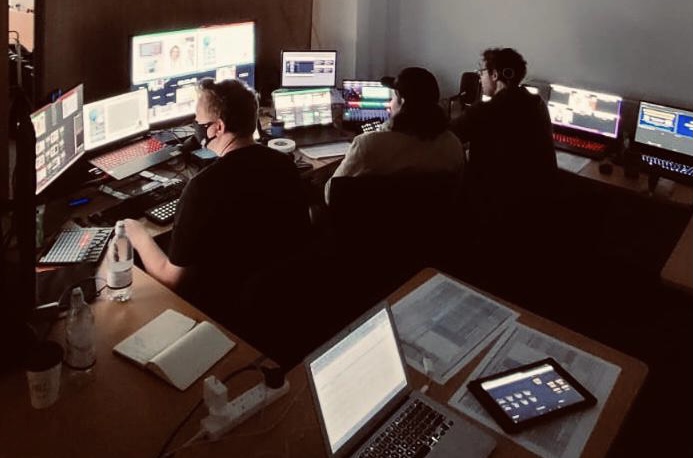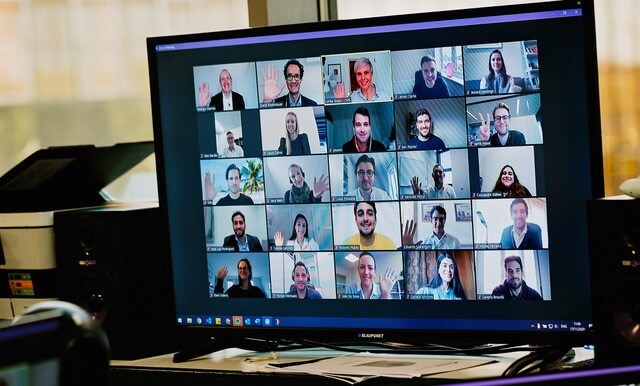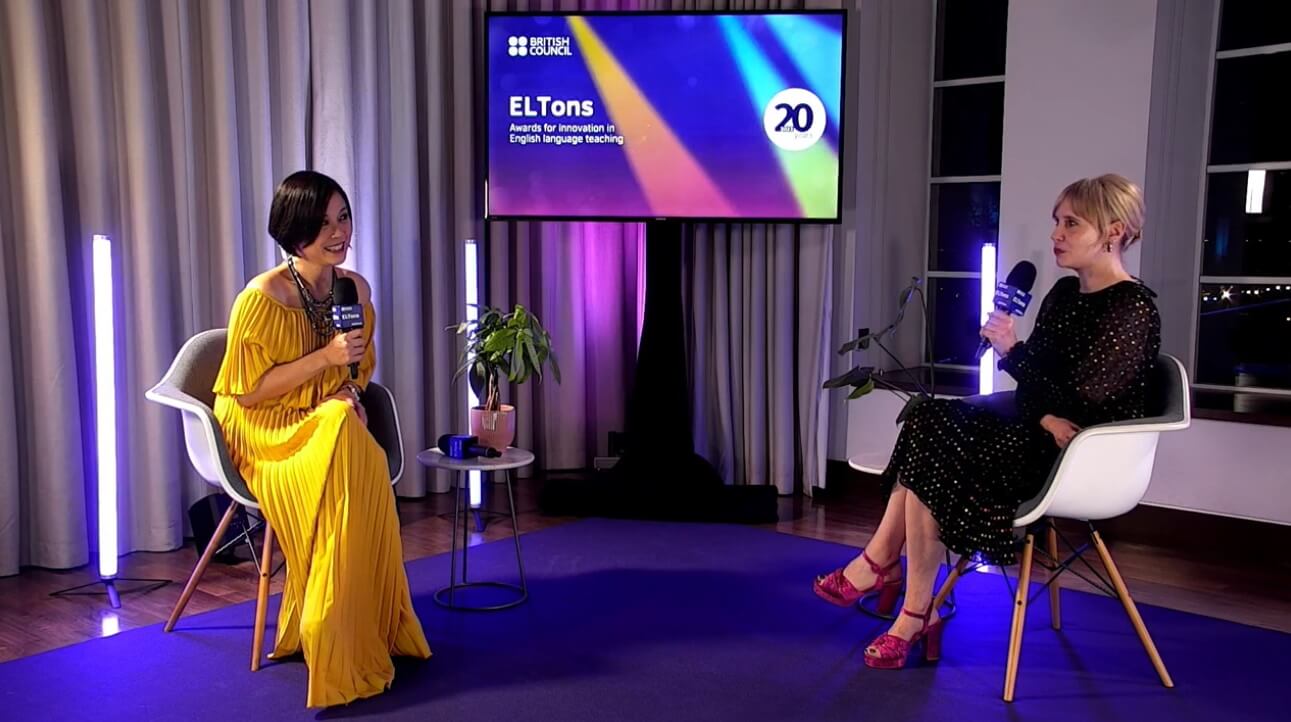A staggering 93%* of event organisers are planning to invest in virtual events, while 97%* of event marketers believe we will see more hybrid events this year. At the start of the pandemic, many scheduled events were pivoted online almost overnight, with little consideration given to the evaluation process.
As virtual and hybrid events look set to stay, measuring success is becoming increasingly important and there is a much greater emphasis on evaluating ROI (Return on Investment) but what is the best way to monitor the effectiveness of a virtual event? The answer really depends on your KPIs (Key Performance Indicators), which should be determined by your event objectives and desired outcomes.
Virtual events by their very nature are data rich and pretty much everything can be measured from how long attendees stayed online to the exact point they quit. Many virtual event platforms now include useful measurement tools to monitor engagement levels, which can generate a wealth of valuable data to help evaluate success. If you’re wondering where to start, here are some of the key points to consider:
How Many People Attended your Virtual Event and How Long did they Stay?
A high number of attendees can be a great indicator that your event content is of real interest to your audience and your pre-event marketing is working well. While noting the number of attendees can be useful, the real value comes with monitoring how long delegates stayed and how engaged they were during the event. A delegate who only stays for the first 10 minutes clearly won’t be as engaged as someone who stays for the entire event, which is why monitoring dwell time is a key factor in evaluating success.
It’s also worth comparing the number of people who registered for your event with those who actually attended. There will often be less people attending than those who registered for the event but if there is a huge discrepancy between the two, try to determine why people are disappearing between the registration process and the event taking place.
Allowing access to content on demand afterwards may be a useful way to re-engage with people who showed an interest in your event but were unable to make it on the day.
Are there any Significant Audience Drop off Points?
As part of your evaluation, it’s important to consider whether there are any specific moments when your audience’s attention starts dwindle. Noting whether the number of attendees drops as a particular topic arises or a certain speaker starts presenting can provide a useful insight for planning future event content.
How Engaged was the Audience?
Thankfully, long gone are the days of presenters talking at an online audience for an entire webinar. Engaging content should be at the heart of any good virtual event and encouraging delegates to actively participate by incorporating interactive elements plays a vital role in keeping their attention.
Hosting your virtual event on a platform that includes tools for monitoring audience engagement can offer a useful insight into what resonates with attendees. Whether you choose to facilitate networking opportunities, build in an element of gamification or simply run a Q&A or a live poll during your virtual event, audience engagement is crucial for driving engagement.
Ask the Audience
The easiest way to find out if your virtual event was a success is to ask the audience. Encourage attendees to give feedback on your virtual event by running a series of short surveys before, during and after your event. It’s a good idea to keep this brief with a few short questions, which prompt responses that can be measured against your KPIs and overall event objectives.
Social Media Listening
Monitoring social media for mentions of your virtual event can provide a good view of how delegates feel about their event experience. Creating a unique hashtag for your virtual event and encouraging attendees to use it is a great way to keep event posts in one place.
Whatever metrics you decide to use to measure the effectiveness of your virtual events, it’s important to set a benchmark at the earliest opportunity. Virtual and hybrid events are here to stay and evaluation is vital for planning future event content that will truly resonate with your audience.
*According to a recent Bizzabo survey





